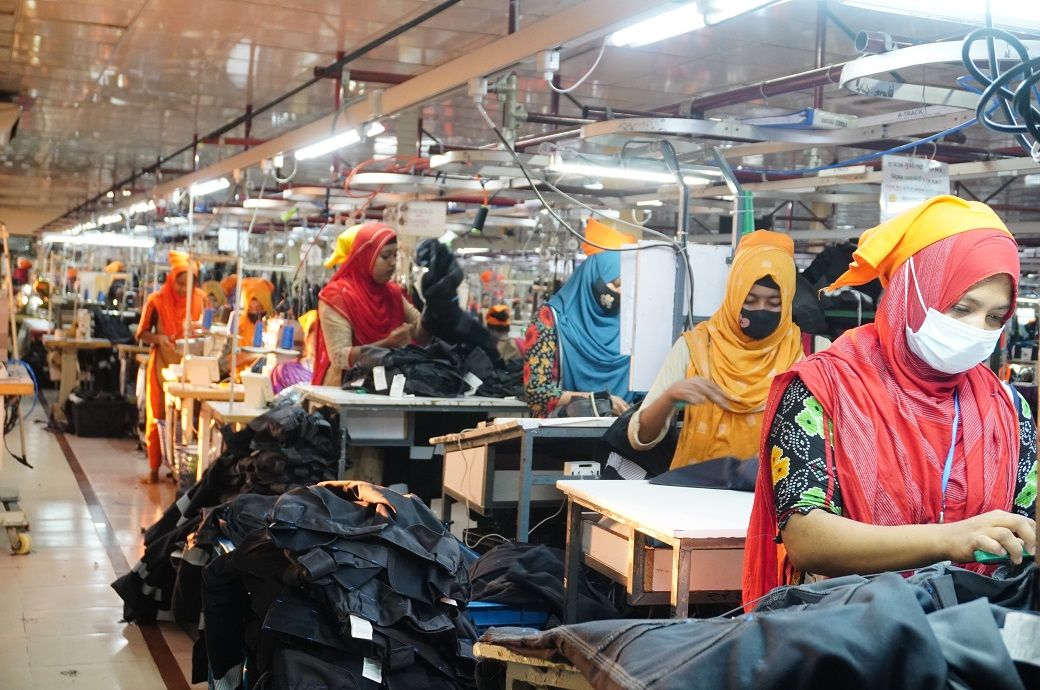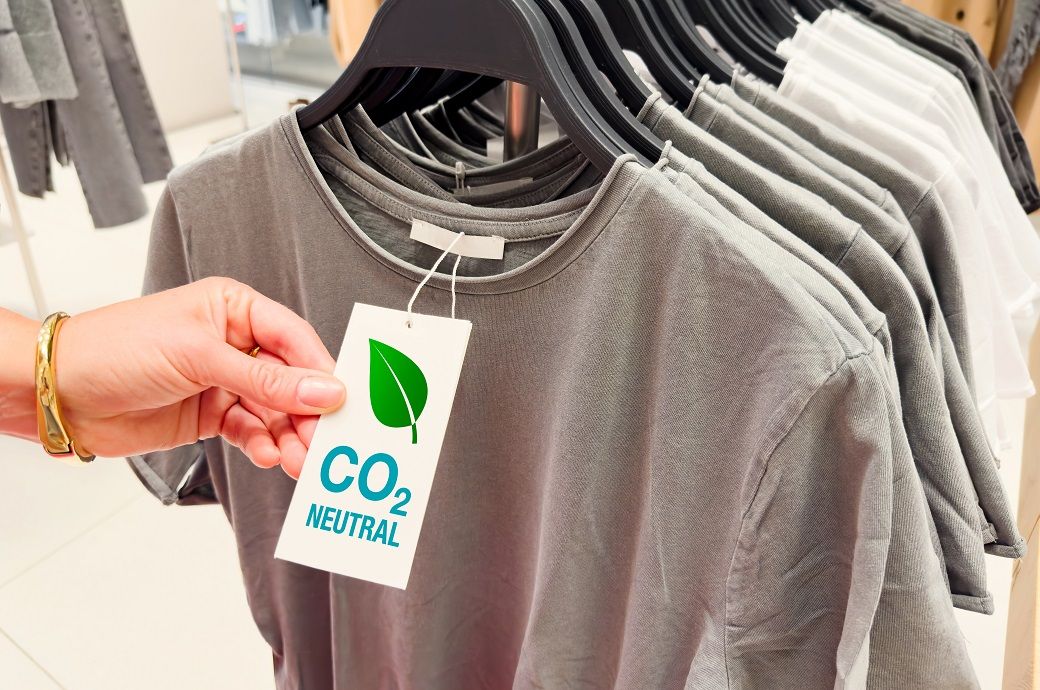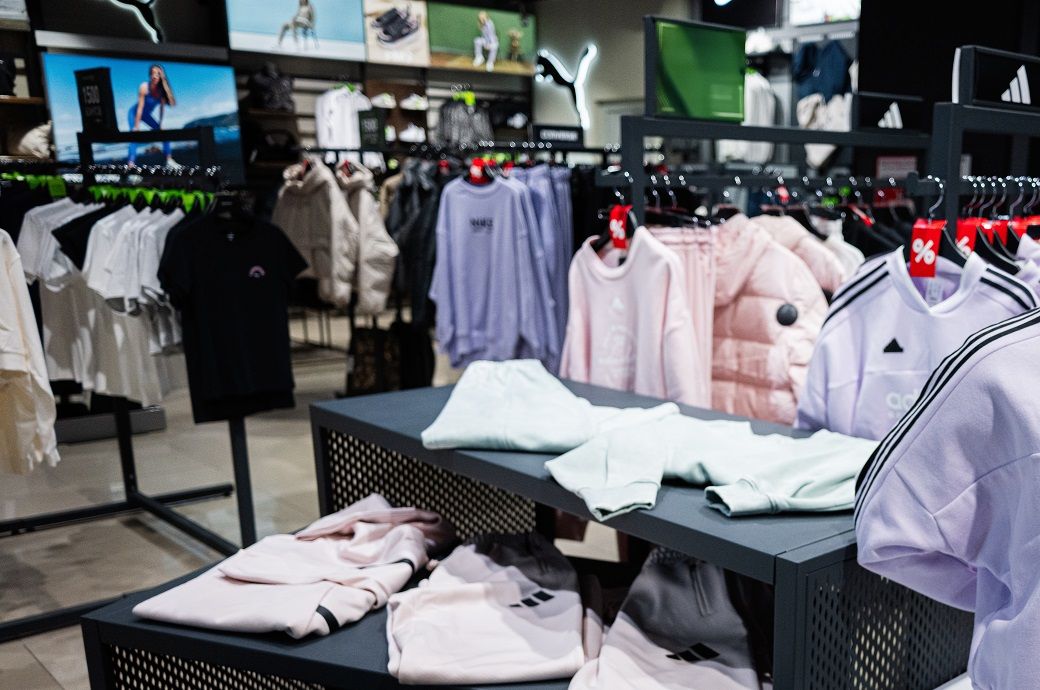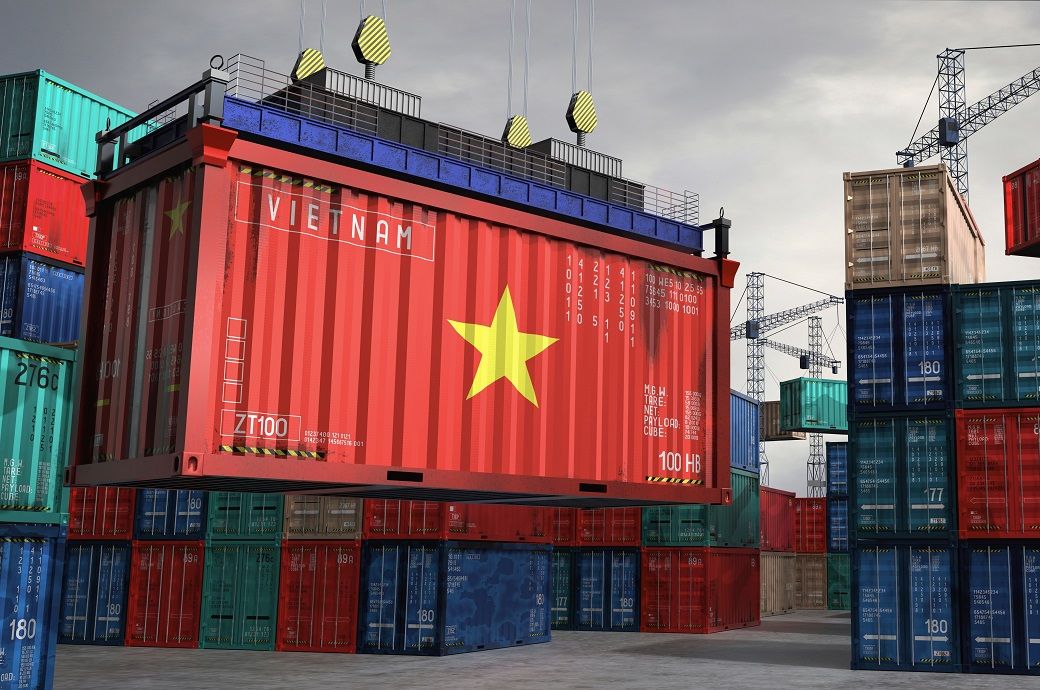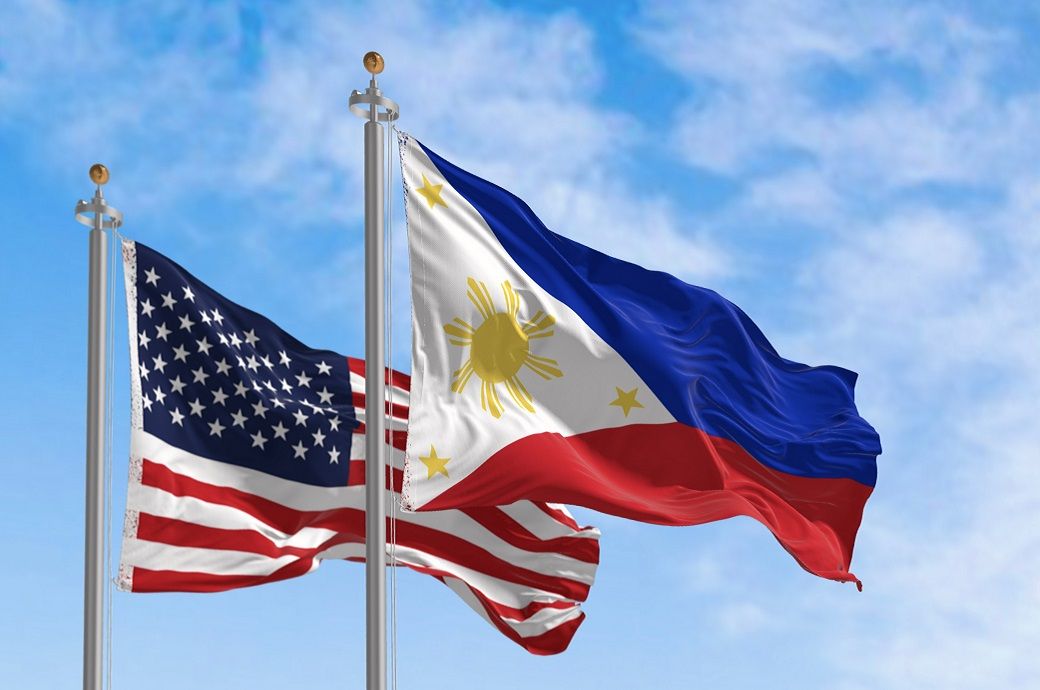
As per reports, foreign buyers—particularly from the United States—are reportedly stepping in to absorb a substantial portion of the added costs, and in some cases, covering them entirely, in an unusual show of support which is helping the Philippine garment industry to maintain its footing in a highly competitive regional apparel manufacturing landscape.
In a rare move, foreign buyers—especially from the US—are absorbing part or all of the 19 per cent tariff on Philippine garment exports as per reports, thereby helping the suppliers remain competitive against lower-cost rivals like Vietnam, Bangladesh etc.
Industry leaders say strong business relationships are behind this unusual solidarity, which is proving critical in sustaining orders.
Media reports citing the Foreign Buyers Association of the Philippines (FOBAP), mention that some longstanding international buyers have agreed to bear part—or even all—of the 19 per cent tariff imposed on Philippine garment exports to the US.
The development is welcomed as a positive move by the industry players and comes in the wake of a new bilateral trade agreement between the Philippines and the United States.
On July 22, 2025, the two countries signed a trade deal, which drew both praise and criticism. Following a high-profile meeting at the White House between Philippine President Ferdinand Marcos Jr. and US President Donald Trump, the agreement was announced as a diplomatic and economic milestone.
Under the terms, tariffs on goods exported from the US to the Philippines have been eliminated. However, exports from the Philippines to the US—including garments—remained subject to a 19 per cent tariff.
The Marcos administration reportedly defended the agreement, stating it helped avert more severe tariff actions and preserved the critical market access to the United States—one of the top destinations for Philippine-made apparel items.
While the move faced backlash at home for not being able to achieve the desired tariff relief, industry insiders are focused on how buyers respond on the ground.
Robert Young, president of the FOBAP, reportedly noted that the willingness of the buyers to absorb the additional cost reflects the strength of the long-standing business relationships.
“Some of our major buyers have even volunteered to shoulder up to 100 per cent of the 19 per cent tariff in the first year. This shows how important business relationships are,” Young reportedly opined, interacting with the media.
This support is particularly significant given the cost challenges faced by the Philippines’ garment industry.
As per some estimates, ‘Made in Philippines’ apparel items are usually 10 per cent to 15 per cent more expensive than those from the regional competitors like Vietnam, Bangladesh, and Sri Lanka. The added tariff only widened this gap, posing a serious threat to the sector’s competitiveness.
Young emphasised that such voluntary commitments from the buyers are therefore critical for sustaining the export orders. “Without this show of solidarity, the Philippine garment sector would be in a much more difficult position,” he reportedly added.
By helping to offset the tariff burden, foreign buyers are ensuring that Philippine suppliers remain viable partners in their global supply chains. While the long-term impact of the trade agreement between the Philippines and the US remains to be seen, the immediate response from the buyers has provided a much-needed buffer for the industry for sure, and, as the global apparel market continues to evolve, this example of buyer-driven cost-sharing may offer a model for others facing a similar situation.
Fibre2Fashion News Desk (DR)



